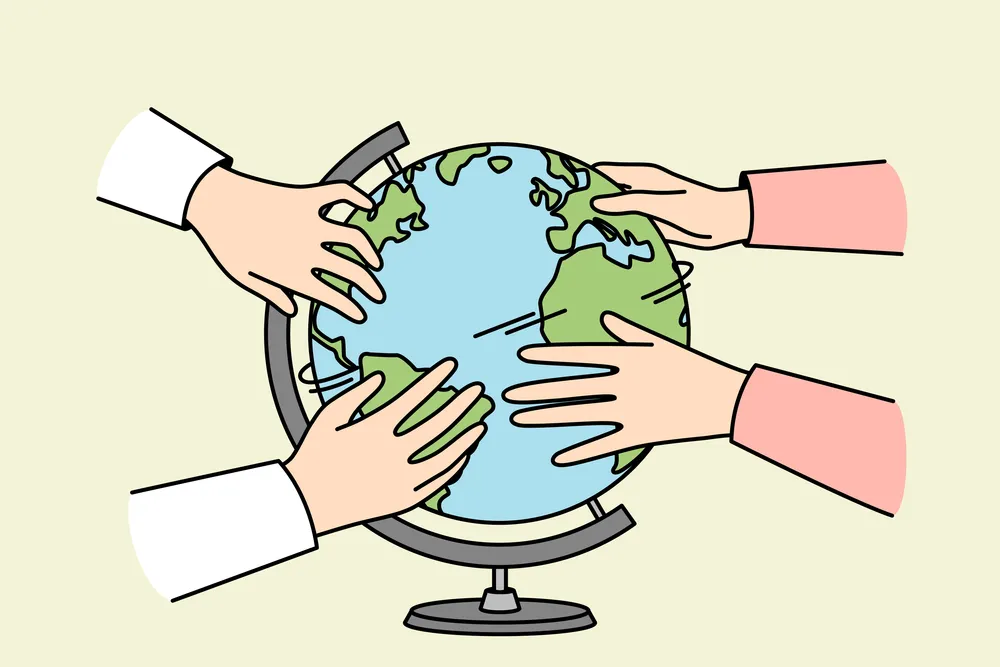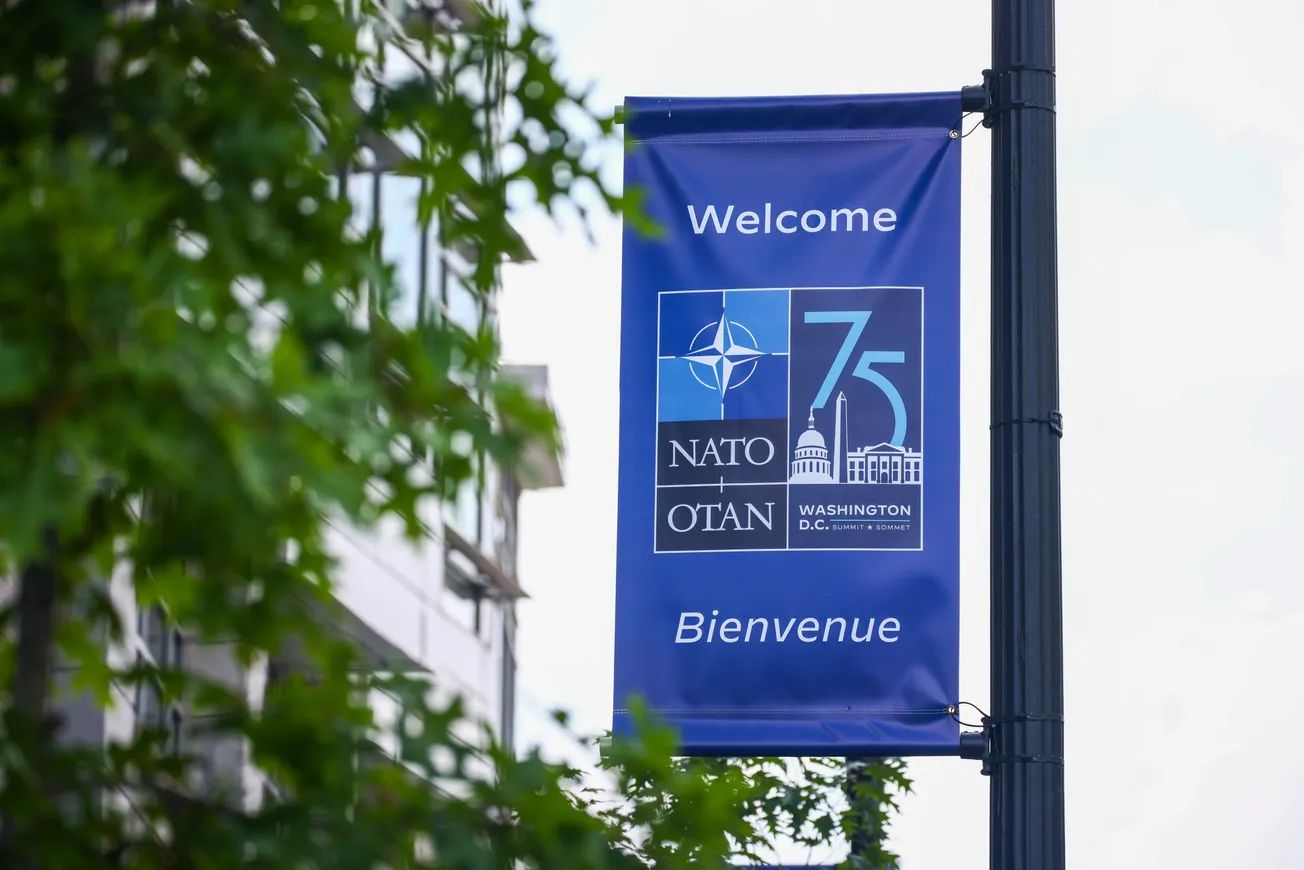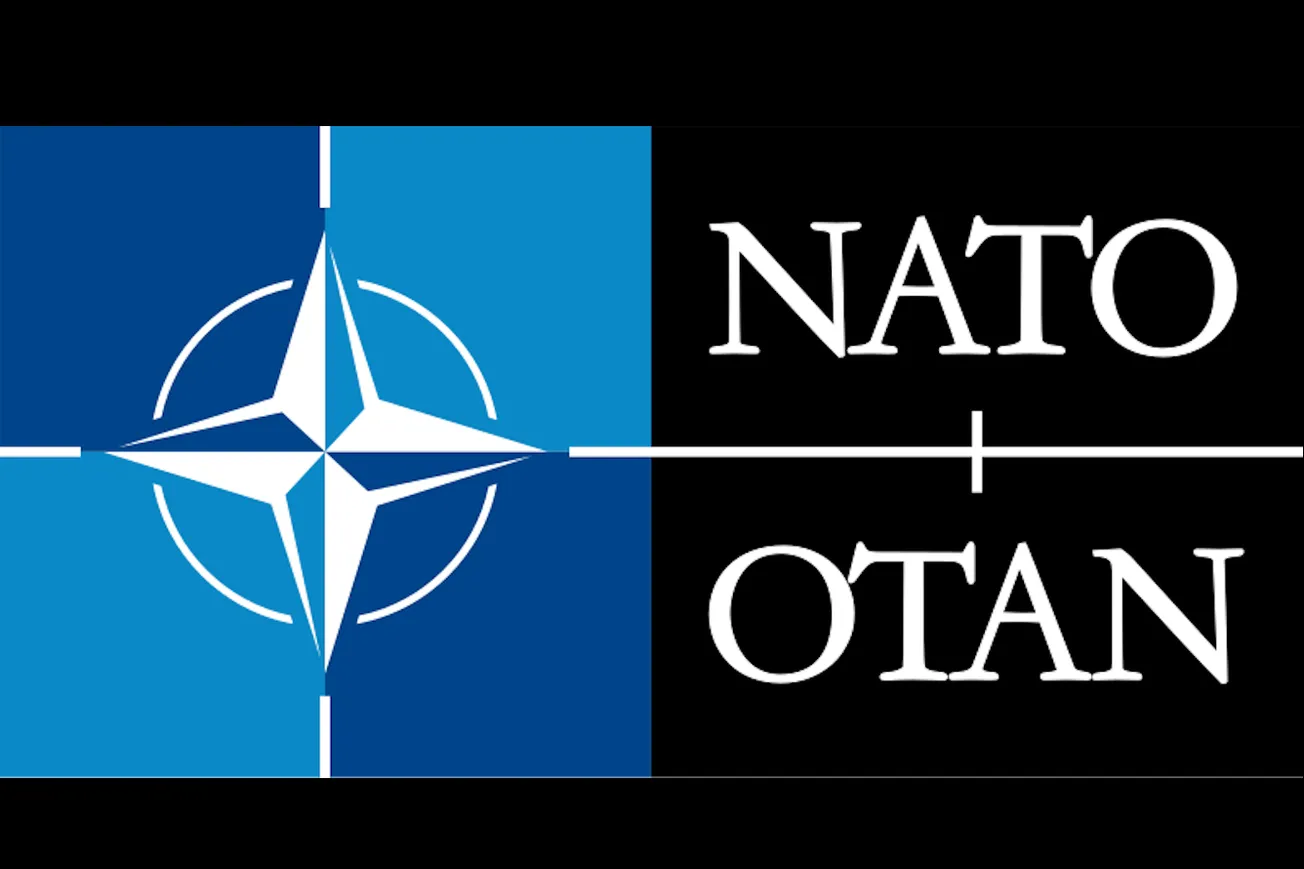Liberals have consistently taken offense when conservatives claim that America must protect its Anglo-European roots. Yet, for nearly 80 years after World War II, America, in promoting a foreign policy based on protecting the Liberal International Order (LIO), has driven itself closer to Europe at the expense of the larger world.
Emerging on the other side is another coalition of nations, bound by the idea that countries should cooperate but not make judgments about each other regarding internal matters. Spearheaded by China since the 1950s, the "non-interference" principle brings together disparate countries even as the West continues to hold on to its EU-based coalition.
If population matters, the non-interference coalition is winning. The four BRIC countries - Brazil, Russia, India, and China - collectively represent 40% of the world's population. America and the West together form only about 10% of the world's people.
America's embrace of the E.U. and vice versa has accelerated extraordinarily since President Biden took office. The justification has been the same. The Western nations are the champions of human equality and dignity - such as freedom, the rule of law, and human rights. Despite its relative wealth, the 28-member E.U. bloc now appears more dependent upon America than at any time since World War II.
Paul Mason, a frequent guest on opinion-forming T.V. and radio shows in the United Kingdom, and a former BBC commentator summarized it well during a recent debate. When a panelist asked if there was a risk that China could send weapons to Russia, Mason responded: "An even bigger risk, that very few people in the British political establishment want to contemplate, is that America walks away from NATO under a Republican president."
It was this fear that united the European opposition to the Trump years. The 45th president was more of a transactional leader, and the only principle that mattered was America's advancement. He ignored LIO principles when he made Saudi Arabia his first country to visit as president. Traditional American presidents' first-country visits have been to the U.K. or Europe (although President Obama chose Egypt).
Saudi Arabia has among the worst human rights records on women's and gay rights. But the Kingdom insists that such restrictions are required because it keeps the Islamic world's most treasured shrines in Mecca and Medina. For decades, the West has not bought this excuse. But Trump overlooked these Saudi faults and even excused MBS in the Khashoggi killing - actions that made him a pariah in the West.
It is one thing for the West to adhere to LIO principles and act accordingly within their sovereign borders. But the West's cancel culture is evident in its determination to punish countries that do not conform to LIO standards. The first sanction begins with shaming someone else to action. Western teams, led by the Netherlands, attempted to wear armbands at the Qatar World Cup to promote LGBTQ rights on the soccer field. They only relented when they were threatened with yellow flag issuals by FIFA organizers.
The West has developed other robust tools too. It is not shy of coordinating policy actions using infrastructure cooperation (such as financial sanctions) and threatening nations with severe consequences. Sometimes, even secondary countries not directly evading the West's policies can become subject to punishment. As a last resort, the West is not shy of deploying weapons from the elaborate security arsenal it has built over decades (like NATO).
Secretary of State Antony Blinken has repeatedly referred to sovereignty and territorial integrity as an ILO causes to cherish. Speaking at the U.N. Security Council, Blinken said: "We cannot – we will not – allow President Putin to get away with it. Defending Ukraine's sovereignty and territorial integrity is about much more than standing up for one nation's right to choose its own path, fundamental as that right is. It's also about protecting an international order where no nation can redraw the borders of another by force."
The "non-interference" nations appear to be winning the ideological competition because it is easier to become friends when others don't judge you. Just as Western families do not interfere in the internal deliberations of their relatives or friends, many countries do not want to establish any preexisting conditions of approved behavior before creating coalitions.
But more importantly, the "non-interference" nations see that the West's attempts to protect LIO are often hypocritical. The Russian oil price cap, in which nations collude on an agreed price to buy, violates every international trade law as it would be considered anti-trust. But because the West decides the rules, are these violations somehow acceptable?
China scored a significant victory for its non-interference collective when it brought together erstwhile rivals, Saudi Arabia and Iran, under its umbrella when both countries agreed to reestablish diplomatic relations. The two nations don't have much in common. Saudi Arabia is mainly Sunni; Iran is Shiite. They have financed and engaged in proxy wars on opposing sides for decades. Yet both saw that they fit in more easily with the non-interference crowd than the rules-based LIO group.
Wang Yi, the Chinese foreign policy leader, fawned over the deal: "This is a victory for the dialogue, a victory for peace, and is a major positive news for the world, which is currently so turbulent and restive, and it sends a clear signal."
A clear signal to America and the West, attempting to hang on to an aging Liberal International Order.









